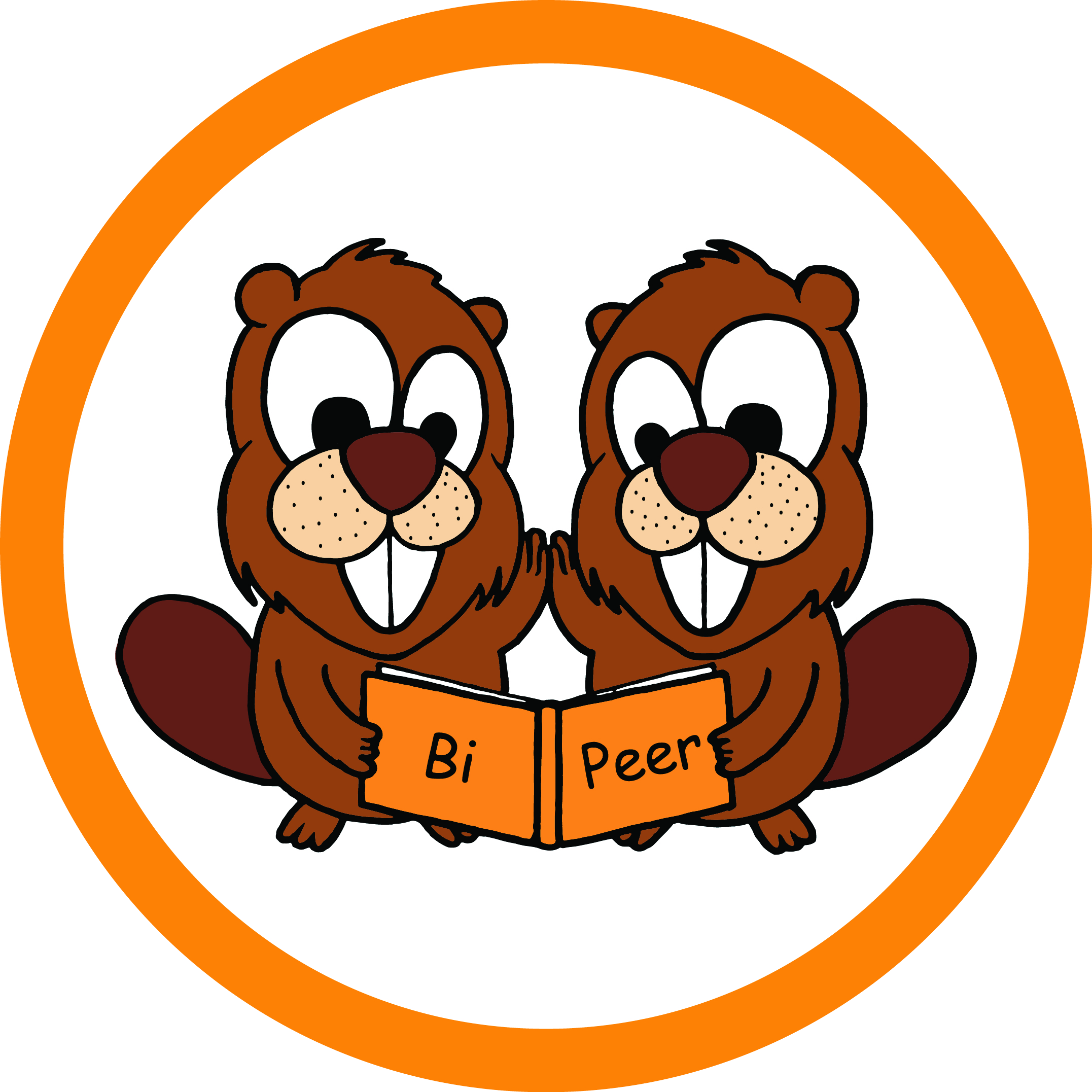Project BiPeer
Facilitating German Reading Skills in Bilingual Primary School Children by Peer-Learning.
BiPeer explores ways to support German reading competency of Turkish-German bilingual primary school children using peer-learning methods.
From primary school on immigrant children of Turkish origin show lower German reading competency than their native classmates. Peer-learning programs have shown to be an effective method to improve reading competency in primary school age. In such peer-learning programs children read to each other and work together on text based exercises. Particularly effective are those programs, which support reading fluency as well as knowledge of reading strategies and their application. However, to date it is not clear, if language homogenous or heterogenous peer-tandems are superior to support the reading competency of immigrant children. In addition, the often raised claim to involve the heritage languages of immigrant students in German lessons lacks specific proposals for implementation in the classroom. The BiPeer project tries to close these academic voids by exploring the language used during the peer-to-peer-interactions (German vs. Turkish/ German) and the composition of the peer tandems to support German reading competency by using peer learning methods. Tandems will consist either of one monolingual (German) and one bilingual (Turkish/ German) child or of two bilingual (Turkish/ German) children.
Selected Publications
- Schastak, M., Roth, A., Decristan, J., Rauch, D., & Reitenbach, V. (2024). ‘All children have a skateboards’. Differences between the grammaticality of reading mistakes of monolingual and bilingual elementary school children. Journal of Multilingual and Multicultural Development, 1–20.
- Reitenbach, V. (2023). Lernförderliche Interaktion beim Peer-Learning in der Grundschule. Eine Mixed-Methods-Studie. Springer VS Wiesbaden. https://doi.org/10.1007/978-3-658-42331-5
- Schastak, M., Decristan, J., Rauch, D. & Reitenbach, V. (2022). The prevalence of bilingual interaction in peer-learning. International Journal of Bilingual Education and Bilingualism, 25(6), 1961-1975. https://doi.org/10.1080/13670050.2020.1835812
- Decristan, J., Schastak, M., Reitenbach, V. & Rauch, D. (2021). Außerunterrichtliches Peer Tutoring mit deutsch-türkischsprachigen Grundschulkindern: Umsetzungsgenauigkeit und Umfang von bilingualer Kommunikation. Zeitschrift für Erziehungswissenschaft, 24, 841-860. https://doi.org/10.1007/s11618-021-01023-6
- Schastak, M. (2020). Bilinguale Interaktion beim Peer-Learning in der Grundschule. Eine Mixed-Methods Studie mit bilingual türkisch-deutschsprachig aufwachsenden Schüler*innen. Leverkusen: Verlag Barbara Budrich. Open access: https://shop.budrich-academic.de/produkt/bilinguale- interaktion-beim-peer-learning-in-der-grundschule
- Büttner, G., Warwas, J., & Adl-Amini, K. (2012). Kooperatives Lernen und Peer Tutoring im inklusiven Unterricht. Zeitschrift für Inklusion, 1–2. (Online unter: http://www.inklusion-online.net/index.php/inklusion)
- Rauch, D. P. (2014). Effects of biliteracy on third language reading proficiency, the example of Turkish-German bilinguals. Plurilingual Education, 199–218. doi:10.1075/hsld.3.14rau
- Rauch, D. P., Jude, N., & Naumann, J. (2011). Metalinguistic awareness mediates effects of full biliteracy on third-language reading proficiency in Turkish–German bilinguals. The International Journal of Bilingualism, 16, 402–418. doi:10.1177/1367006911425819


